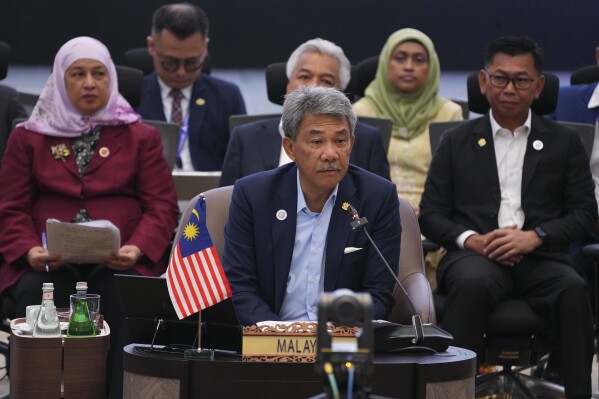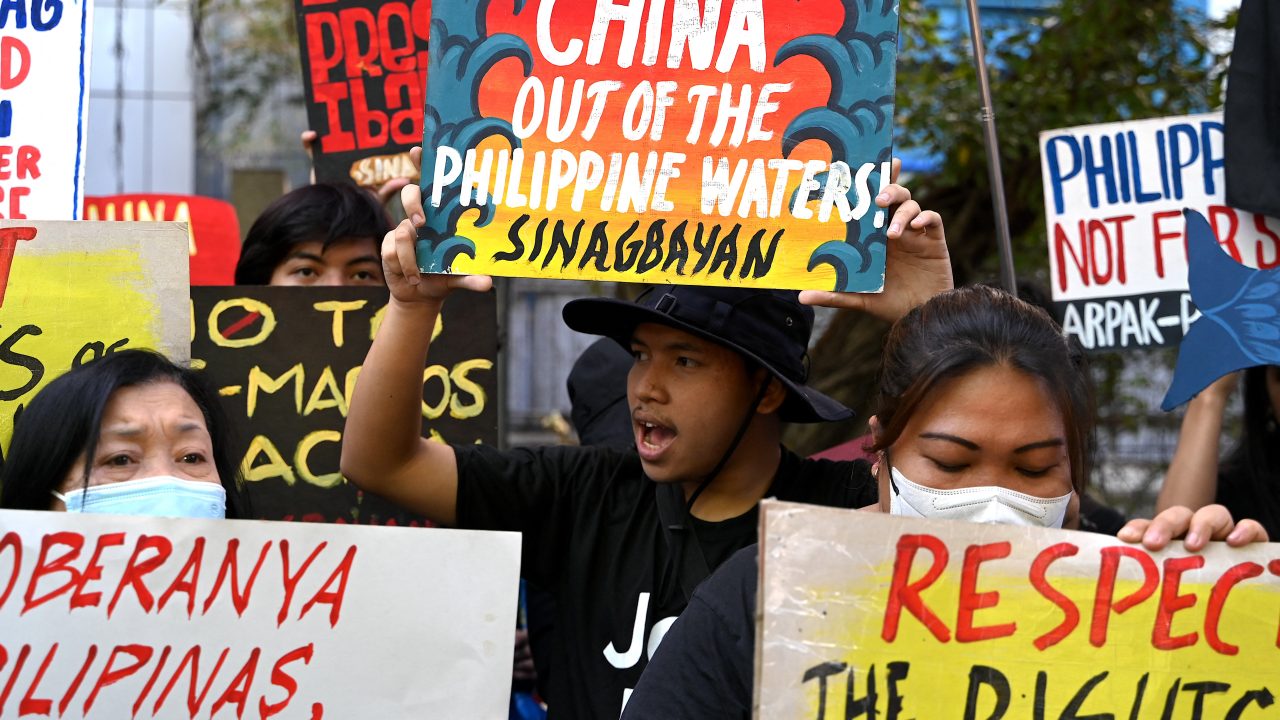Southeast Asia faces rising legal disputes with global implications. Explore the causes, challenges, and the path ahead for peace and justice in the region.

Introduction – Tensions That Can’t Be Ignored
Southeast Asia is once again at the center of attention. Political disputes, trade conflicts, and border disagreements are creating a wave of legal challenges. Nations are preparing to defend their positions, while ordinary people hope for peace. The situation is serious, and the world is watching closely.
For more context, you can also read about Zelenskyy in Washington: The World Watches for Peace. This is to see how global politics connects with regional tensions.
Historical Disputes Resurface
Many of these legal battles are not new. Old border disputes between countries like Thailand and Cambodia continue to spark conflict.
(You can explore the full story here: Thailand-Cambodia Border War – All You Need to Know).
These unresolved issues are now being brought to international courts and arbitration panels. Leaders believe that law, not war, is the way ahead. Yet, mistrust between countries remains a barrier.
Trade, Resources, and the Legal Battlefield
Beyond borders, trade disagreements and resource sharing are also at stake. Natural gas, fisheries, and shipping lanes have long been contested. Now, governments are using legal channels to assert their claims.
This shift shows that diplomacy is slowly being replaced with legal pressure. It is a sign that the region is entering a new phase of confrontation. The outcome will shape both local stability and global trade.
Human Cost Behind the Legal Drama
While governments argue in courts, ordinary people live in uncertainty. Families near disputed borders worry about safety. Fishermen fear losing their livelihood if seas are closed. Citizens face rising costs due to trade barriers.
This human struggle is often lost in the headlines. But it reminds us that law is not just about power—it is about people. The future of millions depends on fair and peaceful solutions.
The Role of Global Powers
International powers are also watching carefully. The United States, China, and other nations have economic and strategic interests in Southeast Asia. They will not directly take sides, but their influence will shape the direction of justice.
For more global insights, check out America112, which covers international affairs and their impact on local regions.
Can Law Bring Lasting Peace?
The big question remains: can legal action bring lasting peace in Southeast Asia? Some experts believe it is a step toward fairness and stability. Others worry it deepen divides if decisions are not respected.
What is clear is that the region stands at a crossroads. The choices made now—whether through negotiation, diplomacy, or court rulings—will decide the future of Southeast Asia.
Conclusion – A Region Waiting for Justice
Legal disputes are often seen as technical and distant. But in Southeast Asia, they are deeply personal. They decide the fate of borders, resources, and lives. The world is hoping that law will guide the region toward peace, not conflict.
As history has shown, justice is only real when it serves the people.

